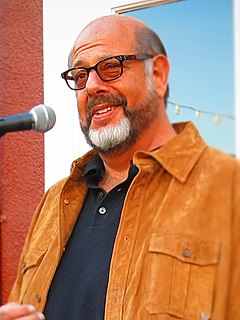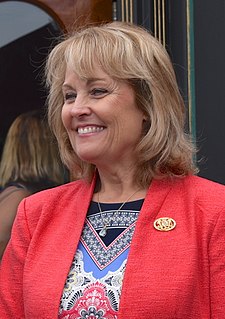A Quote by V. S. Naipaul
I went to India and met some people who had been involved in this guerrilla business, middle-class people who were rather vain and foolish. There was no revolutionary grandeur to it. Nothing.
Related Quotes
I had never met an actress or an actor when I thought that I might like to be one. I had never been around people in show business or from the theater or from movies or anything. And I say that as an encouragement, I don't know some people who want to be doing what I'm doing or be involved in film. You don't have to be from it to get interested and get involved. I certainly wasn't.
Being involved in NASCAR, I've learned a lot. I've met a lot of people. I've met a lot of special people. I've met some of our leaders. I've met some of the smartest people out there. I've met a lot of average folks. But they've all touched my life and made me look at things differently. I thank the Lord for my good days.
[Some of the people I'd met] were wonderful people as human beings, and some people were more difficult. I could not see a correlation between their particular genius in playing chess and music and mathematics, etc. ... with human qualities. Some were really good, wonderful people, and some were difficult characters, but there was no clear correlation. But when I met some spiritual masters, [I thought that] there had to be a correlation, and it turned out to be true.
The government decides to try to increase the middle class by subsidizing things that middle class people have: If middle-class people go to college and own homes, then surely if more people go to college and own homes, we’ll have more middle-class people. But homeownership and college aren’t causes of middle-class status, they’re markers for possessing the kinds of traits — self-discipline, the ability to defer gratification, etc. — that let you enter, and stay, in the middle class. Subsidizing the markers doesn’t produce the traits; if anything, it undermines them.
The American middle class always wants to be upper class and is scared to death of being lower class. It's a highly mobile group of people. They're not like the people that want to be shopkeepers forever, have always been shopkeepers and want always to be shopkeepers. These people mostly are insulted by being called middle class.
I was always around people who were in the business from the time I was an absolute baby. I grew up in New York City, and my parents, my sister, and I had a house on Fire Island, and they were part of a set of people that were all close and friendly, most of whom were involved in show business in one regard or another. So it was always familiar to me, and I kind of enjoyed it.
At uni I met a lot of people I had nothing in common with. Some were very clever, some very rich, some very sporty. Some of them became my best friends, but not at first. Having things in common isn't always the best start to a friendship. I'd stick with it! Also, try to chat to people when they're on their own. So many people feel they need to perform in big groups.
I think the ultimate challenge is to have some kind of style and grace, even though you haven't got money, or standing in society, or formal education. I had a very middle, lower-middle class sort of upbringing, but I identify with people who've had, at some point in their lives to struggle to survive. It adds another color to your character.
The neoliberal programs of the last generation have in fact been, and were intended to be, a pretty serious attack on democracy, but also they've led to stagnation or decline for large parts of the population - the working class, the lower middle class, these people have essentially been cast aside.





































